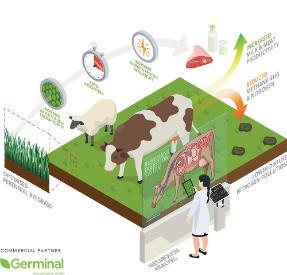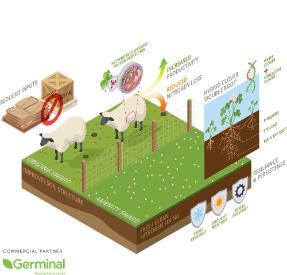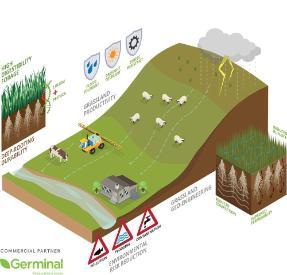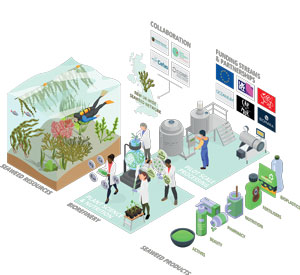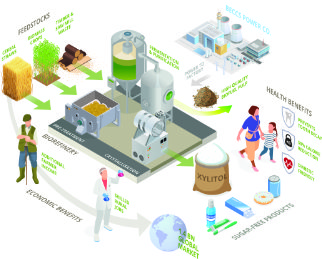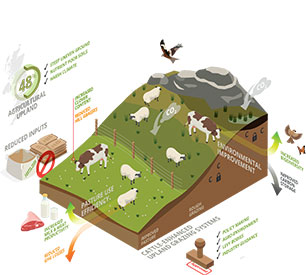Innovations for a Changing World

Economic Impacts
IBERS (Institute of Biological, Environmental and Rural Sciences) is a UK national capability in plant breeding and grassland science and one of eight strategic institutes supported by the BBSRC. It plays a key role in sustainable agriculture, environmental improvement, and economic growth & development.
Key Research Areas and Impacts
Forage Crops: Breeding of perennial ryegrass and clover for sustainable agriculture.
Grains & Cereals: Focus on oats and beans for healthier diets. Biomass: Development of Miscanthus for renewable energy and carbon reduction.
Crop Genomics: Tools to advance crop innovation and plant breeding.
Agricultural Systems: Multi species swards for agriculture and the environment.
Biorefining: Extracting valuable chemicals from biomass.
Research Infrastructure
Facilities include a Seed Bank, National Plant Phenomics Centre, Biorefining Centre, and experimental farms including Pwllpeiran Upland Research Platform.
Economic Impact (2017–2023)
In 2024, SQW provided an independent review of IBERS’ economic and social impact for the period 2017-2023, highlights below:
- 300+ research projects: From large-scale breeding to applied research with UK and international partners.
Commercial Success:
- 50%+ of UK forage grass seed and over 90% of winter oats are IBERS varieties.
- Strong ties with leading agricultural and energy crop companies.
Support for SMEs:
- Helping start-ups validate innovations, attract funding, and launch new products in the bio-economy.
Broader Benefits:
IBERS’ activities generate impact:
- through supply chains from farmers who gain access to more options for land use,
- to consumers by enabling access to new, cheaper and higher quality products,
- and society overall which benefits from climate change adaptation and mitigation outcomes.

